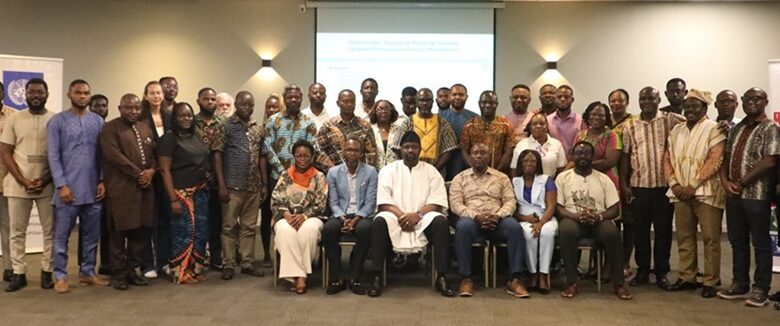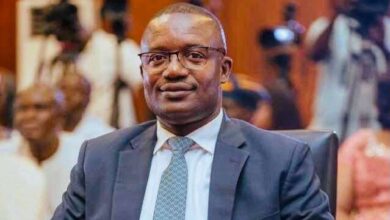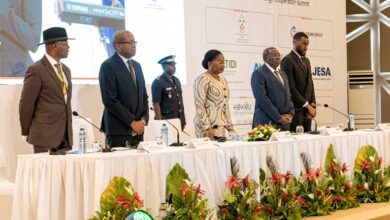Ghana Moves to Finalize Updated Renewable Energy Masterplan to Power Green Transition

Ghana is taking steps to accelerate its shift away from fossil fuels with the validation of an updated Renewable Energy Masterplan (REMP), a blueprint officials say will anchor the country’s transition to a low-carbon, climate-resilient economy.
The Ministry of Energy and Green Transition, with technical support from the United Nations Development Programme (UNDP) Ghana under its Climate Promise initiative, convened a national stakeholder workshop in Accra this week to review and finalize the draft document. The revised plan, covering 2026–2030, is expected to set new targets for solar, wind, biomass and waste-to-energy, while correcting gaps identified in the earlier 2018 edition.
Ambition After Missed Targets
In his opening address, Ing. Seth Mahu, Director of Renewable Energy at the Ministry, acknowledged that several 2018 targets had been missed due to unforeseen challenges, including the Covid-19 pandemic and economic disruptions. But he insisted the government is determined to deliver the revised plan in full.
“This plan is for the government and people of Ghana, and it will be implemented to the letter,” he said. “With the economy back on track, demand for renewable energy is more visible. Clean energy must become the backbone that drives our economy.”
UNDP Backs Financing and Innovation
Dr. Abdul-Razak Saeed, UNDP Ghana’s Head of Environment and Climate Cluster, described the new REMP as a “bold and modern blueprint” that will help Ghana integrate renewable energy into its Nationally Determined Contributions (NDCs). He said UNDP will support the country in tapping financing pathways, including the Renewable Energy Investment & Green Transition Fund.
“The insights in this plan will shape Ghana’s climate ambition and help leverage both local and international finance to scale clean energy,” he noted.
Agriculture Linkages
The workshop also spotlighted the link between energy and food security. Deputy Agriculture Minister John Dumelo argued that solar-powered irrigation must be central to the plan if Ghana is to achieve the president’s vision of year-round farming. “Agriculture and renewable energy are deeply interconnected,” he said. “Integrating solar pumps into the Masterplan will support sustainable practices and reduce reliance on erratic rainfall.”
Driving Net-Zero and Economic Growth
Lead reviewer Ing. Prof. Francis Kemausuor presented the updated plan, pointing to both missed targets and fresh opportunities in emerging technologies. He emphasized that scaling renewables is critical not only for achieving Ghana’s net-zero ambitions but also for stabilizing power supply, cutting fuel imports, and creating jobs across value chains.
Industry players at the workshop urged that the final plan must also tackle bottlenecks such as financing for local firms, land acquisition challenges for solar projects, and regulatory clarity to attract investors. Civil society groups stressed the need for equitable access, ensuring rural communities benefit from clean energy expansion.
Next Steps
The National Taskforce pledged to integrate stakeholder feedback before submitting the final plan. Once approved, the REMP will serve as a cornerstone for Ghana’s energy transition, guiding policy, investment, and public-private partnerships over the next five years.
If effectively implemented, the plan could reduce Ghana’s energy import bill, cut greenhouse gas emissions, and unlock financing for industries ranging from agriculture to manufacturing. For businesses, the update signals new opportunities in renewable energy deployment, technology partnerships, and infrastructure development.
“This is not just an energy plan, it is a national commitment to power our economic growth sustainably,” Dr. Saeed said.




